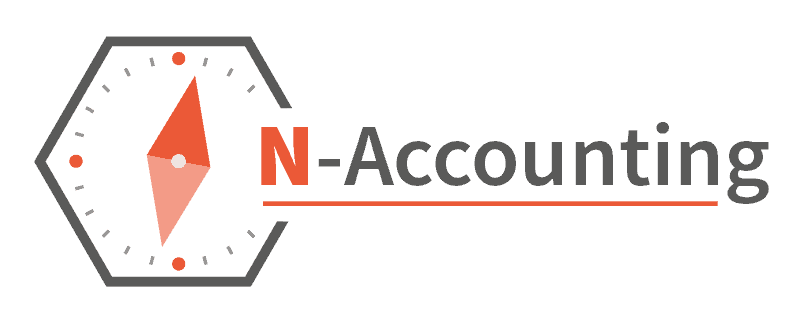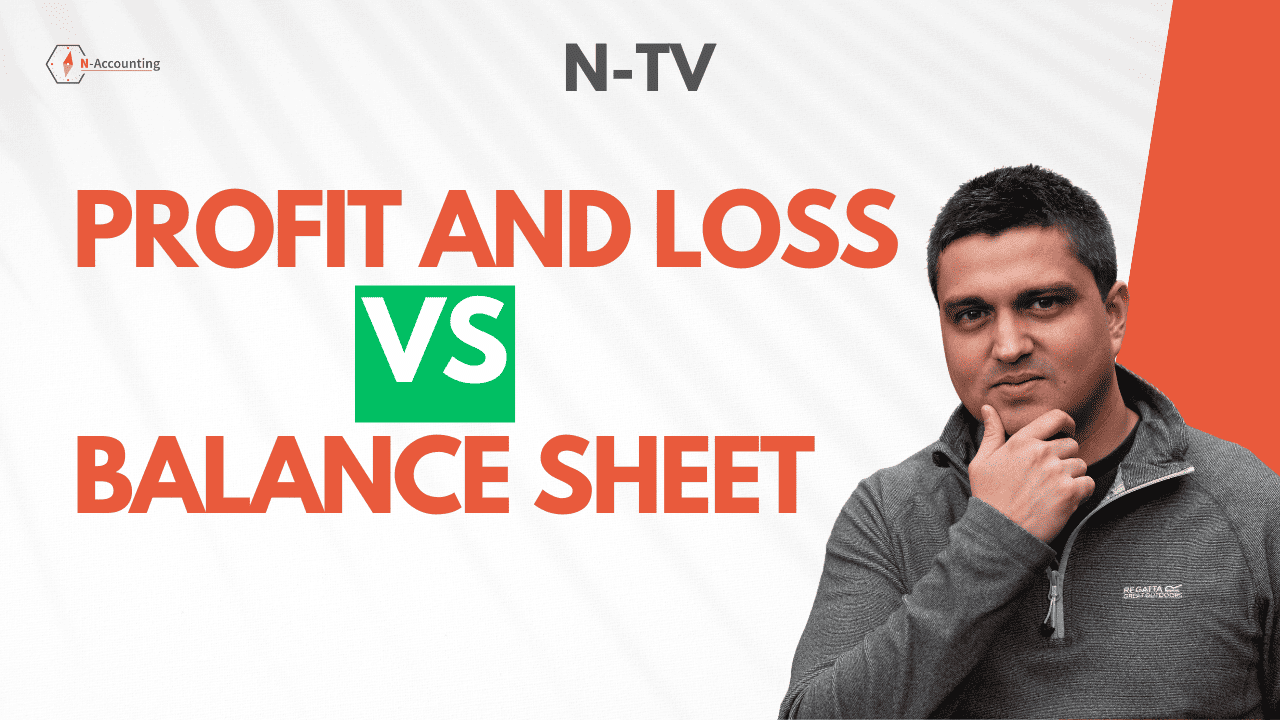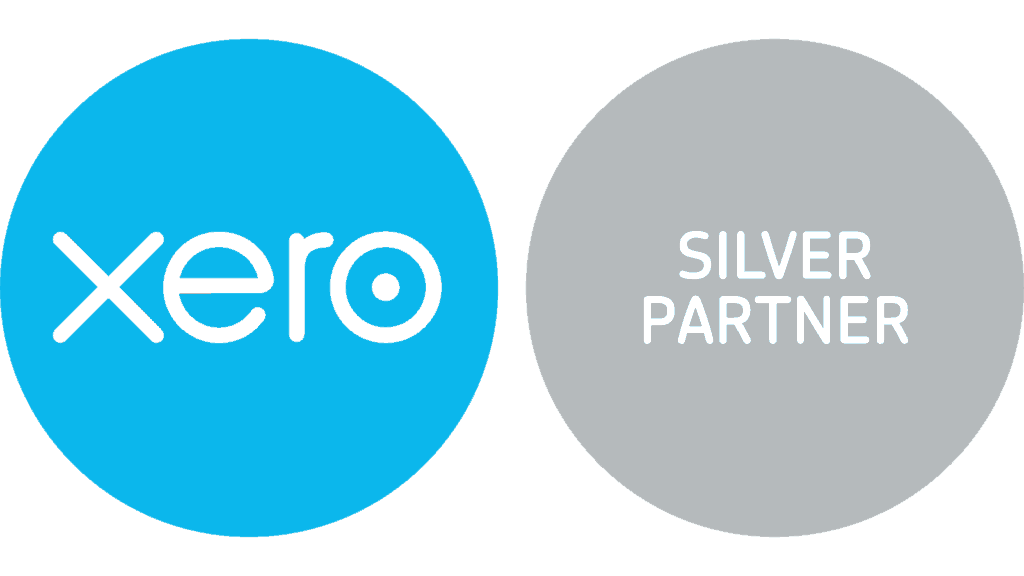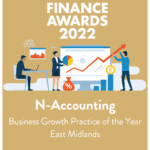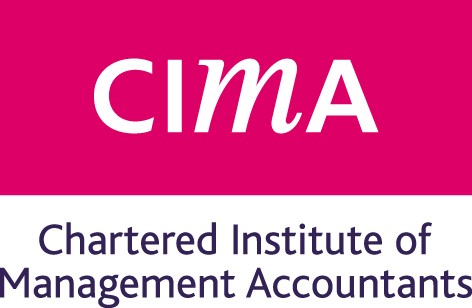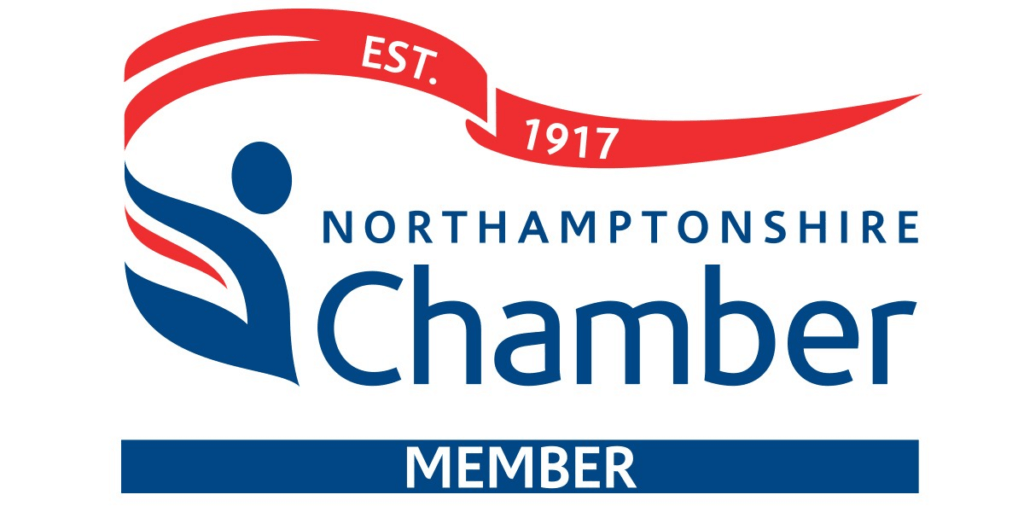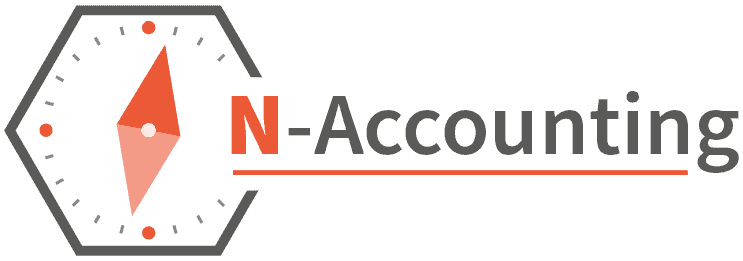A website or an online store is a wonderful opportunity for business owners to take advantage of the increase in web users. An online retail store can help you reach a vast audience and you are no more limited by your brick and mortar store. The physical footprint and cost of an online store is low and the supply chain is simple. Online stores are no more limited to websites, ecommerce is now extended to Facebook Marketplace, Shopify, Amazon and Instagram shop.
Because of the ease of setting up an online store through social media or other platforms, most sellers open shop but give up easily within the first few months. If you’re one of those who realise the opportunity and potential of ecommerce, and are committed, we have some accounting tips for you. As the premier Milton Keynes accountants, based on our experience, here are 5 basic practices that can help you with your financial management as an online retailer:
- INVEST IN A GOOD ACCOUNTING SOFTWARE
You can choose the right software depending on your ecommerce needs. It can be difficult decision because the software needs to be compatible to your website and sales process. You can choose one of the software detailed below in accordance with your business accounting needs:
Xero – This is most suited to Amazon sellers or an eBay seller/drop shipper. It has an easy reconciliation process for Amazon transactions and even offers cash flow integration with Amazon Seller. The greatest benefit is that your inventory can be linked to the software, giving it a twofold advantage over other software.
QuickBooks – This is a popular software that most accountants in MK and around the UK use. Most accountants are familiar with it and it is quite suitable for online businesses. It is a great alternative to Xero and suitable for eBay sellers or drop shippers.
The QuickBooks user interface is user friendly, and is easily accessible once set up. Your eBay accounts can be linked easily to the QuickBooks desktop App and they have a very responsive support team to handle your queries.
FreshBooks– This software has managed to strike a balance between accounting features and invoicing tools. This makes it a rare achievement and the main reason why FreshBooks is perhaps the most useful software for online market businesses. It is hard to find a software that has good invoicing and accounting features. There are hundreds of accounting softwares that do not have strong invoicing interfaces, this makes FreshBooks unique and well suited to an ecommerce business.
Small businesses that operate online need to send invoices everyday as regular part of operations, FreshBooks has user friendly invoicing tools that help such businesses. Whatever your accounting or invoicing needs are, FreshBooks is optimised for your online business requirements. It has a single dashboard from where you can view and manage all operations:
Some of the main features of the software are;
- Easy unlimited invoicing
- Unlimited time tracking
- Auto syncs with bank accounts
- Financial reporting
- Payment collection with automatic reminder
- Payroll processing
If you feel none of these software meets your accounting, invoicing and financial management needs you can choose to opt for a free trial for any of the other software available online. You can check with other accountants in Milton Keynes for their recommendations.
- MANAGE YOUR CASH FLOW
A poor financial management example is not keeping your personal expenses separate from your business expenses. Most people assume they can track their expenses and therefore they make personal and business related expenditures from the same bank account. The truth is, if you have an online retail business, your business account needs to be separate from your business one. This helps keep track of your cash flow better.
Cash flow is the net amount of cash transferred into or out of your business. If you keep a keen eye on the inflow and outflow of money, it can help you avoid many problems that occur when you have an online marketplace. A balanced cash flow can contribute tremendously to your business growth. Follow the two practices below to ensure your cash flow is balanced if not positive:
- Avoid Early Payments – You would think that early payments is a wise practice. It is not, especially if you are not left with enough cash for other necessary expenditures. You wouldn’t find any accountant in MK who would support a practice for early payments.
For example: you have to pay a vendor at a standard 30 days’ payment term, and you are to receive your payment from your customer in 10 days. The end of the month falls before your customer’s payment date and you have to run payroll and pay salaries. Instead of paying your vendor early, and waiting for the customer’s payment to pay your employees, it would be best to pay the vendor as per payment terms and use the existing cash to pay the salaries without disrupting cash flow.
- Always keep cash on hand – A negative cash flow is an obvious mark of a business not doing too well. Not keeping cash in hand for an emergency would be very unwise. You can have unexpected business costs at any time while you are running an ecommerce business. These cannot be avoided but you can keep an amount safe in advance to tackle such sudden costs. An emergency fund will help you without affecting cash flow. Not having a “rainy day fund’ can lead to a negative cash flow.
- WISELY MANAGE INVENTORY
Most online business start-ups work within restrained resources. Their budgets are limited and therefore they need inventory to be managed wisely. You cannot afford the loss of good, whether by theft, bad goods, expirations or simple carelessness. Every piece of inventory needs to be accounted for and for that you need to implement inventory controls like:
- Observing goods usage
- Conducting regular inventory audits
- Controlling access to inventory to avoid any theft
Inventory is your biggest investment and eats up most of your money as an online business. Cash flow is balanced with difficulty and free cash is constrained. Having solid control over your inventory can help you avoid a number of problems. The most important of these is “shrinkage”. Inventory shrinkage is the excess amount of inventory listed in the accounting records, but that does not physically exist in the actual inventory.
If you had manufactured 50 articles of furniture for sale, and sold 45, you should have 5 pieces left but you have 4 articles available. This is called shrinkage, i.e. losing inventory because of theft or double order. If your inventory is managed and regularly audited, shrinkage reduces naturally.
Inventory can depreciate with time. This is one thing to be particular about. If you put a sale on the products you sell, the value of the related inventory would automatically fall. Choose an accounting software that also has an inventory management feature. This can connect your inventory to every sale and keep a track of your inventory.
There are many inventory management software available that can help you if shrinkage is a problem for your business. Inventory software can streamline orders, relate inventory and data and connect to your websites to make sure all the data aligns from the shopping cart to your storage facility. Inventory management helps you keep a check on fast moving and slow moving items in your inventory. This can help you decide what products give you better profits and what products are a lost investment.
- KNOWING COSTS AND PROFITS
- Cost of Sold Goods
Cost of goods sold (COGS) is the direct cost of producing the goods you sold. This is the inventory sold plus how much it cost to make that inventory in terms of labour, shipping and packaging. You can imagine you have an online business of manufacturing and selling furniture pieces. For example, a wooden table £200 to manufacture, you pay someone £50 to make the table from wood, and the packaging cost £20 and has a shipping fees of £10 when ordered online, so, the total cost of the sold good will total at £280. Your online retail store will be connected to your accounting software, so anytime your COGS increases or decreases, your selling price will be managed simultaneously.
- Fixed Expenses
There are many expenses that have a direct impact on your profit and loss statement but they are not part of COGS. These include basic fixed expenses that you have to pay regardless of the sales you make. Fixed expenses are also known as indirect or overhead costs and are independent of your level of production. They include rent, utility bills, interests, taxes etc. If your fixed expenses vary month to month, take an average when you are doing any financial planning.
- Break-Even Point
You reach your break-even point when the money you earn COGS and fixed expenses. At this point you are not making any profit and you are not at a loss either. All the money that it took to produce the goods and sell them has been regained. It is important to know the break-even point in order to plan ahead to meet the costs.
Let us have a look at the online furniture store example. To reach break-even point, you need to recover COGS (wood, labour, shipping, packaging) and your fixed costs (Rent, utilities, taxes) from your customers. The money that you generate by selling your furniture items should ideally be more than your expenses to be making a profit. Knowing your break-even point is necessary, it helps with your financial management and business strategy. You can decide your sales targets to meet break-even point or to go beyond and make a profit. Once you know your break-even point, you can set a fixed number of sales that you need to make in order to meet that. It can also help you rethink your COGS and expenses and where you can reduce costs to meet break-even faster and have better profit margins.
- Profits
After you reach break-even, any money coming in is profit. Tracking sales helps you know when you reach break-even point and that is the biggest motivation to push forward to making more profit by pushing yourself more. Google Analytics is one of the best tools to track your sales online.
- TAX COMPLIANCE
You would be hard pressed to find an accountant in Milton Keynes who would give you financial advice but not mention taxes. Paying your taxes right, and paying them in time is critical for any business; online or not. We would recommend you hire a professional to take care of your taxes, especially since you would find it hard to keep on top of all regulations and tax compliance. Professional accountants are aware of all tax regulations and they keep a track of changes too. They can help you with all your finance management needs and advise you on financial planning, budgeting and taxes.
SUMMARY
Managing an online business is hard work. Instead of spending time on the financial aspects, inventory or taxes, you could better spend your time on marketing and sales. Your growth strategy needs to be assisted by good financial planning but it wholly depends on your sales. Hiring a professional accountant can free up time from operational administrative tasks and you could concentrate on bringing in business.
Accounting needs of an online business are quite similar to a brick and mortar store. If you keep a close eye on your cash flow, manage your inventory, are aware of your profits and when you reach break-even, and you use a good accounting software to achieve all this, it can make life easier for you. You have professionals to help you with the accounting aspect as well as tax compliance. So make sure you consider hiring an accountant to help you with your online business.
Contact us today for all your accounting needs.
